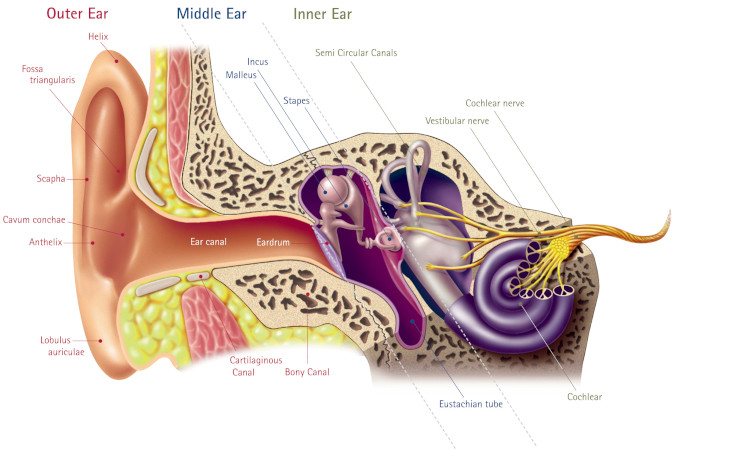Hearing Loss

Hearing loss is the greatest disability in Australia and the second greatest disability in the world. Approximately 60% of people aged 60 and over have a significant hearing loss. Nearly 20% of people between the ages of 65 and 74 have a significant hearing loss. The population of hearing-impaired people is getting younger and younger, mainly due to excessive noise exposure.
Is hearing loss affecting your life?
Chances are, you may be the last to know. Most hearing loss happens gradually so you may not notice it until it becomes a big problem.
The people around you usually notice it first. You may have to ask people to repeat themselves, especially if there is any background
noise. You may feel people mumble or speak too softly when actually your hearing is not as sharp anymore.
You may make mistakes and need to turn up the TV louder than before. As the hearing loss worsens, you may find yourself straining to
hear conversations and becoming tired from the effort required to listen. You may fail to hear the door bell, the telephone or other
warning signals.
Overtime, you may find yourself avoiding social situations and losing interest inactivities that you once enjoyed.
Common reactions to Hearing Loss
- Denial
- Anxiety
- Search for a cure
- Feeling powerless
- Emotional detachment
- Isolation
- Withdrawal from communication situations
Isolation
For those who have grown up relying on hearing for communication, learning and social contact, losing hearing may result in social
isolation. Adults with untreated hearing loss tend to withdraw from engaging with family and friends.
Adults aged 50 and over are more likely to report depression, anxiety, anger, frustration, emotional instability and paranoia, and are less
likely to participate in social activities than those who wear hearing devices.
https://vestibular.org/news/09-13-2012/link-between-untreated-hearing-loss-mental-health
Depression
Untreated hearing loss gives rise to poorer quality of life, isolation and reduced social activity and may lead to depression.
Cognitive Decline
Adults with untreated hearing loss are more likely to develop problems thinking and remembering, than adults whose hearing is normal.
Degraded hearing may force the brain to devote too much of its energy to processing sound.
Those with untreated hearing loss experience a 30-40% greater decline in thinking abilities compared to those without hearing loss.
Adults with untreated hearing loss develop a significant impairment in their cognitive abilities 3.2 years earlier than those with normal
hearing. (Lin F etal, 2013, Hearing loss and cognitive decline in older adults. JAMA Intern Med.173,4; 293-299)
Research has shown that if our brain is not receiving the stimulation along the auditory pathway due to the hearing loss and not wearing
hearing devices, our ability to understand what is being said can deteriorate over time. This is called auditory deprivation. Our brain is
essentially becoming lazy – use it or lose it!
Correctly fitted hearing devices may help reduce the risk of auditory deprivation. We strongly recommend having your hearing tested
every 2 years from 60 years of age and if hearing devices have been recommended, ensure you visit a fully qualified Audiologist every
12 months for a hearing check and hearing device review.
Click here to make an appointment at AudioLogic Hearing or call 03 9754 4162.
